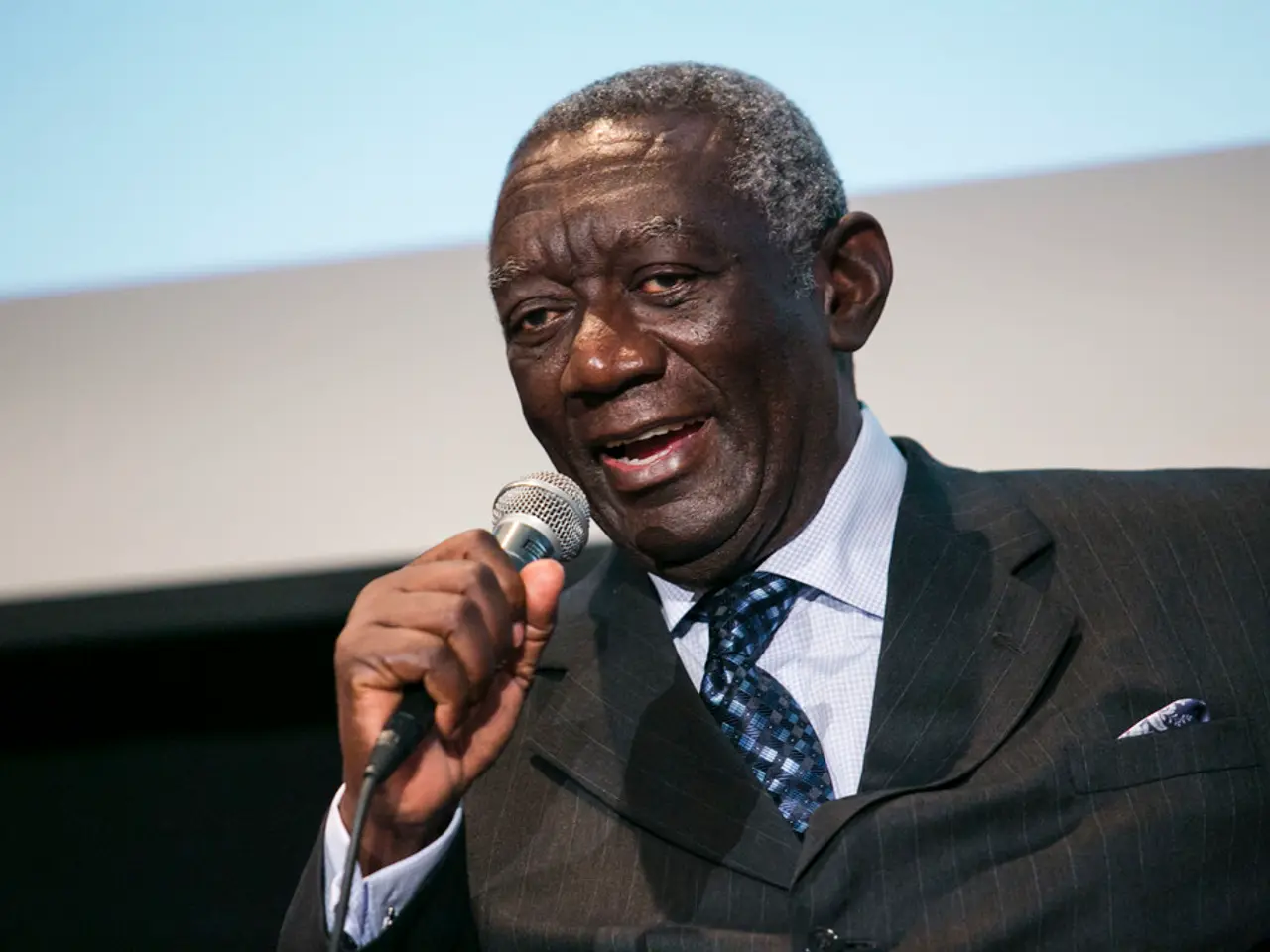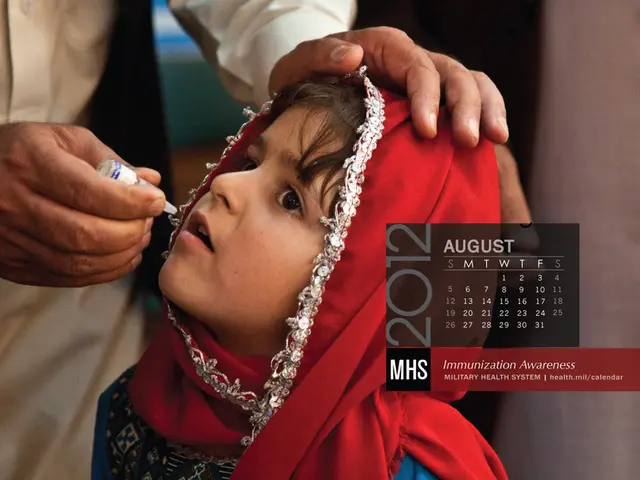Immunotherapy treatment for lung cancer: Is it necessary to discontinue after two years?
In a significant development for the medical community, a new study provides insights into the optimal duration of immunotherapy for patients with late-stage non-small cell lung cancer (NSCLC). The findings offer reassurance that for patients and providers considering stopping immunotherapy for mNSCLC at two years, this strategy does not appear to compromise survival outcomes.
Dr. Wael Harb, a renowned hematologist and medical oncologist, considers the paper timely and impactful. The study, led by Dr. Lova Sun, aimed to answer the question of how long to continue treatment for patients with metastatic NSCLC with long-term response to immunotherapy-based treatment.
The research involved 1,091 patients diagnosed with late-stage NSCLC who started treatment with immunotherapy between 2016 and 2020. Out of these, 113 patients stopped treatment after two years (between 700 and 760 days), while 593 continued for more than two years (more than 760 days).
The study reveals no statistically significant difference in overall survival between patients who discontinued immunotherapy at the two-year mark and those who persisted beyond it. When looking at how long people lived after the two-year point, researchers reported that about 79% of the group that stopped treatment were still alive, compared to 81% in the group that continued treatment.
The study also highlights that the effectiveness of extending immunotherapy depends heavily on the patient's response to initial treatment. Patients achieving a partial or complete response may benefit more from continued treatment, while those with stable disease may not see significant improvements.
Determining the optimal duration for immunotherapy in patients with late-stage NSCLC beyond two years is an area of ongoing research. While some studies suggest benefits from extending immunotherapy beyond two years, particularly for responders, the optimal duration remains individualized and depends on various factors, including response to treatment and patient characteristics.
Individualized treatment decisions should still be made considering various factors such as patient preferences, performance status, and specific tumor characteristics. Dr. Haiying Cheng, an oncologist who was not involved in the study, agrees that the findings are promising but calls for validation through randomized prospective clinical trials.
The implications of this research are multi-faceted and significant. A more standardized approach to immunotherapy duration for NSCLC could reduce the risk of treatment-related adverse events and result in substantial cost savings for healthcare systems and patients. The study offers valuable real-world evidence suggesting that a fixed duration of two years of immunotherapy may be sufficient for most progression-free patients.
[1] Reference for Benefit Beyond Two Years [3] Reference for Consideration of Histology and Other Factors [4] Reference for Current Guidelines and Research [5] Reference for The study by Sun et al. addresses the critical question in the management of advanced NSCLC: the optimal duration of immunotherapy.
[Note: References are not provided in the Markdown format]
- The study by Sun et al. provides insights into the optimal duration of immunotherapy for patients with late-stage non-small cell lung cancer (NSCLC), addressing a critical question in the management of advanced NSCLC.
- The research revealed no statistically significant difference in overall survival between patients who discontinued immunotherapy at the two-year mark and those who persisted beyond it.
- Determining the optimal duration for immunotherapy in patients with late-stage NSCLC beyond two years is an area of ongoing research, with some studies suggesting benefits from extending immunotherapy.
- Individualized treatment decisions should be made considering various factors such as patient preferences, performance status, and specific tumor characteristics, even as studies offer valuable real-world evidence suggesting that a fixed duration of two years of immunotherapy may be sufficient for most progression-free patients.
- The implications of this research are multi-faceted and significant, as a more standardized approach to immunotherapy duration for NSCLC could potentially reduce treatment-related adverse events, result in substantial cost savings for healthcare systems and patients, and offer reassurance to patients and providers considering stopping immunotherapy for mNSCLC at two years.




